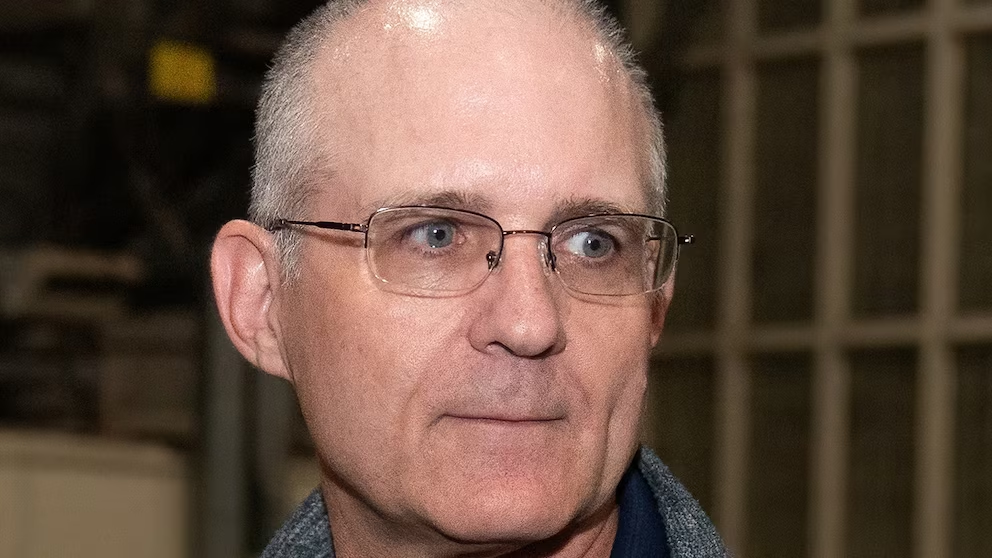Introduction:
In his first public interview since returning home this August, Paul Whelan, a former U.S. Marine held captive for over five and a half years in Russia, opens up about the harrowing experiences he endured. Imprisoned on trumped-up espionage charges, Whelan offers a detailed account of the mistreatment, sleep deprivation, and psychological torture he faced while in Russian detention.
Key Takeaways from Paul Whelan’s Shocking Interview:
- Torture in Russian Prisons: Whelan revealed that he was subjected to sleep deprivation, which he describes as a form of torture. In Moscow’s FSB prison, the lights were kept on 24 hours a day in his cell, making sleep nearly impossible. At the labor camp, guards would wake him every two hours by shining lights in his face and taking photos.
- Espionage Accusations: Whelan was accused of being a U.S. Brigadier General working with the Defense Intelligence Agency (DIA)—charges he vehemently denies. He believes he was targeted as a political hostage for a future trade deal between the U.S. and Russia.
- False Setup: During his arrest, Russian authorities released a video showing an acquaintance slipping a flash drive into Whelan’s hand. Whelan claims the video was staged, and though he refrains from sharing more details, he hints at a potential book where he plans to reveal everything.
Life in a Russian Labor Camp:
While imprisoned at a Russian labor camp for four years, Whelan recounts the constant fear and inhumane conditions. Over 450 prisoners from his camp were forcibly sent to fight in Ukraine, many of whom never returned. He describes the labor camp as a place where convicts were used as cannon fodder on the frontlines, walking through minefields with no protection.
Abandoned by His Employer:
Whelan was left devastated when his employer, BorgWarner, laid him off during his detention. He expressed frustration that despite his imprisonment, the company continued to do business in Russia and refused to assist in his release.
Biden’s Role and the Road to Freedom:
Whelan was hopeful when his fellow detainee, Trevor Reed, was released in a U.S.-Russia prisoner swap. However, he was crushed to learn that he would remain behind. The final negotiation for his release came after President Joe Biden and German Chancellor Olaf Scholz brokered a deal to trade a convicted assassin for Whelan.
Emotional Homecoming:
When Whelan finally returned to the U.S., he was greeted by President Biden and Vice President Kamala Harris on the tarmac. This emotional moment marked the end of a long and painful journey, but Whelan still carries the scars of his ordeal, including post-traumatic stress.
Conclusion:
Paul Whelan’s story is one of resilience and survival in the face of unimaginable hardship. His release is a powerful reminder of the political intricacies involved in international hostage negotiations. As Whelan continues to recover, his first-hand account shines a light on the grueling conditions in Russian prisons and the sacrifices made to bring American citizens home.

